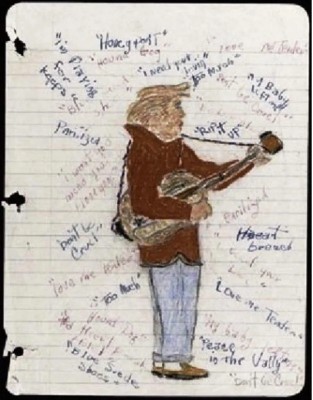Spider Web Recycling: How Spiders Eat Their Webs for Sustainability and Survival
Spiders, the skilled architects of the animal kingdom, have a fascinating way of recycling their intricate webs: they eat them. This behavior, while seemingly odd, is a highly efficient and sustainable method that showcases nature's ingenuity.
Webs are essential tools for spiders, used primarily for catching prey. Constructing these silken traps requires a significant amount of energy and resources. Silk proteins are produced in the spider's silk glands, and spinning a web is a time-consuming process. Once a web has served its purpose, either by catching prey or by becoming damaged or dirty, it can be more resourceful for a spider to consume the silk rather than abandon it.
When a spider eats its web, it reabsorbs the proteins and nutrients contained within the silk. These proteins are then repurposed to produce new silk. This process allows spiders to maintain a steady supply of silk without constantly expending energy to synthesize new materials from scratch. By recycling their webs, spiders can efficiently manage their nutritional resources and ensure they always have the materials needed to build new traps.
Benefits of Web Recycling
Energy Conservation: Producing silk is energetically expensive. By recycling old silk, spiders can conserve energy that would otherwise be spent on synthesizing new proteins.
Nutrient Reclamation: Spiders regain vital nutrients by consuming their webs. This is especially crucial in environments where food might be scarce, and every bit of nutrient helps.
Maintenance of Web Quality: Old or damaged webs can be less effective at catching prey. By eating and rebuilding their webs, spiders can ensure that their traps are always in optimal condition.
Web recycling is an excellent example of how organisms adapt to their environment to maximize efficiency and survival. This behavior highlights the complex and resourceful strategies developed by spiders to thrive in various habitats. It also underscores the importance of recycling and resource management in nature, providing valuable insights into sustainable practices.
Get Free Gifts & Best Stories!
Join our newsletter to get our top stories of the month and free merch.
- 📚 Cool Stories: Read stories you won’t find in textbooks.
- 🎁 Free Gifts: Get exclusive stickers, t-shirts, and more!
Only 1 email a month. No spam, we promise!

